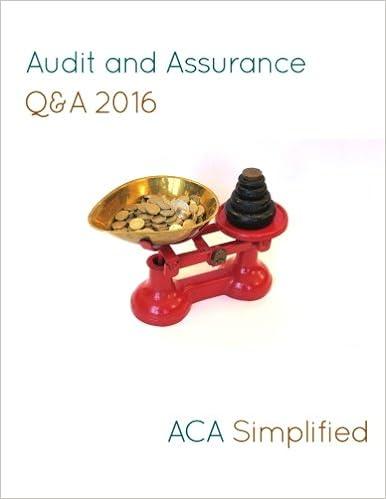
Enjoying the peace of the early hours in the office, before the uproar of the regular business, Julianne turns her chair toward the window and, contemplating the busy stream of people rushing to their jobs, lets her mind drift. On the desk behind her, near the fresh mug of coffee, she arranged carefully a sheet of paper filled with numbers, timelines and calculations. The paper is the result of a long debate with her partner, Thomas, the day before. Julianne and Thomas graduated from the business school a year ago, have decent jobs, and are trying to reconcile their dreams with their finances. Julianne has her eyes on a cozy apartment, in a good location, currently on the market for $300,000. Owning an apartment is part of her dream, and she already knows in what colors to paint the walls and how to furnish it. If they take a mortgage, the $1200 rent they pay today could accumulate instead as equity on their own place. Her family is willing to lend the down payment, as long as Julianne and Thomas will pay back the loan in monthly payments over the next five years, with 2% interest, same as the rate on a savings deposit. A friend that purchased a similar apartment had to put down 20% and was quoted 4% for a 30-year mortgage. Thomas, on the other hand, is less open to the idea of buying. He thinks that the mortgage rates plus the $200 strata fees may be a bit too much for the moment and will hinder other plans they may have down the road. Also, he just read in a newspaper article that economists expect apartment prices to fall about 15% in the next five years. Julianne's monthly net income is $3016, Thomas' is $2940 and both incomes can be assumed constant for the next five years. One big concern for both is paying back the debt they have accumulated this far. Julianne has $16,000 in student loans remaining, for which she will make monthly payments at 4.5% interest quarterly compounded, for 2 more years. Thomas has made a couple of un-optimal spending decisions and has now about $20,000 in a student loan with similar interest rates as Julianne's, which he will pay in the next 36 months. He also has about $7,500 in credit card debt, at 9% compounded monthly, which he plans to pay in the next 3 years as well. Their average monthly household expenses are $2000 (not including rent or debt payments), and they think these expenses will be constant in long run. A phone call brings Julianne back from her thoughts. She knows that simply debating with Thomas would not lead anywhere, and she needs some hard numbers to show that it would make financial sense to buy an apartment 1. As all the payments are per month, and different loans have different compounding periods, what is the effective monthly interest for each loan? 2. Assuming that the estimation of a 15% decrease in apartment value is trustworthy, how much equity do they have in the apartment after five years? Should the couple proceed with the buy or should wait







